Deng Xiaoping was a politician who led China from the end of the 1970s through the early 1990s. He opened China up to the market economy and transformed it into a world power. Deng was born into a well-to-do family on August 22, 1904 in the city of Guang’an. Between 1920 and 1927 he studied in France and the Soviet Union, where he embraced Marxism. At 23, he returned to China. Shortly afterwards, he joined the Communist government created by Mao Zedong in southwestern Jiangxi province. Deng became one of the main advocates of China’s Communist party. In 1949, the Communists came to power. The People’s Republic of China was born, with Mao as its leader. A convinced supporter of Mao’s politics, Deng became party secretary in 1954. In the second half of the 1950s, Deng’s relationship with Mao soured. Deng criticized Mao’s Great Leap Forward, a campaign to boost China’s economy. When the initiative failed, Deng emerged as one of the most important politicians in China.
Several years later, Mao launched the Cultural Revolution to eliminate his opponents within the Communist party and regain control of China. In 1967, Deng was sent to a remote rural farmhouse. For seven years, Deng was removed from public life. He returned in 1973, and when Mao died three years later, Deng was able to take power. Although Deng never held China’s highest offices, by the end of 1978 he had become the country’s undisputed leader. Deng renounced Mao’s rigorous Marxism and introduced elements of capitalism to China. He aimed to promote growth in the country with private property ownership, competition and foreign trade. Deng’s recipe worked, and the economy made huge advances.
In foreign policy, Deng improved China’s relations with the West. In 1980 the country joined the International Monetary Fund and the World Bank. In 1984, Deng secured the future return of Hong Kong and Macau to Chinese rule. They were under European control at the time. But Deng’s government was strongly authoritarian, and applied rigid censorship. The Communist party was the only political power, and opponents were persecuted. This approach became fully evident during student protests that culminated in the Tiananmen Square Massacre in Beijing. On June 4, 1989 the army opened fire on protesters who were calling for greater freedom and democracy. Hundreds were killed, and tens of thousands were wounded. A few months later, Deng retired from political life, though he maintained considerable influence over the country. Deng died in Beijing on February 19, 1997. He was 92.
Several years later, Mao launched the Cultural Revolution to eliminate his opponents within the Communist party and regain control of China. In 1967, Deng was sent to a remote rural farmhouse. For seven years, Deng was removed from public life. He returned in 1973, and when Mao died three years later, Deng was able to take power. Although Deng never held China’s highest offices, by the end of 1978 he had become the country’s undisputed leader. Deng renounced Mao’s rigorous Marxism and introduced elements of capitalism to China. He aimed to promote growth in the country with private property ownership, competition and foreign trade. Deng’s recipe worked, and the economy made huge advances.
In foreign policy, Deng improved China’s relations with the West. In 1980 the country joined the International Monetary Fund and the World Bank. In 1984, Deng secured the future return of Hong Kong and Macau to Chinese rule. They were under European control at the time. But Deng’s government was strongly authoritarian, and applied rigid censorship. The Communist party was the only political power, and opponents were persecuted. This approach became fully evident during student protests that culminated in the Tiananmen Square Massacre in Beijing. On June 4, 1989 the army opened fire on protesters who were calling for greater freedom and democracy. Hundreds were killed, and tens of thousands were wounded. A few months later, Deng retired from political life, though he maintained considerable influence over the country. Deng died in Beijing on February 19, 1997. He was 92.
RELATED
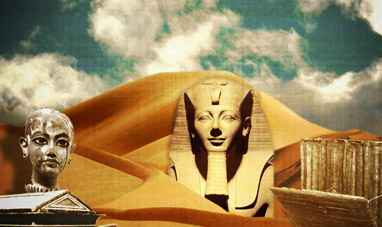

TUTANKHAMEN
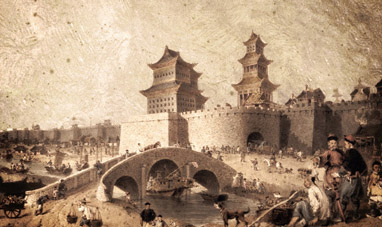

BEIJING
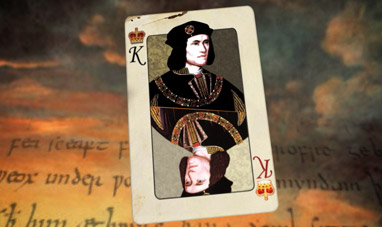

RICHARD III
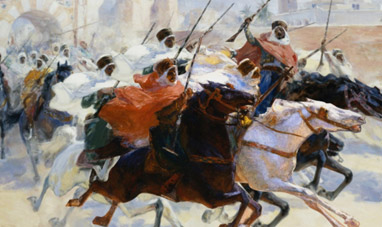

ABBAS I THE GREAT
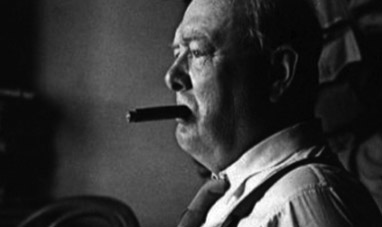

WINSTON CHURCHILL
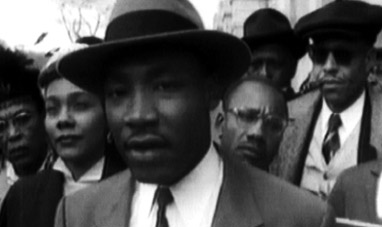

MARTIN LUTHER KING
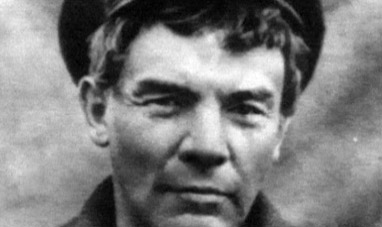

VLADIMIR LENIN
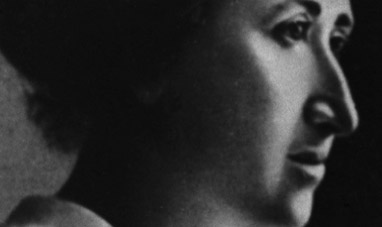

ROSA LUXEMBURG
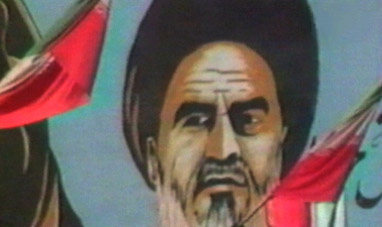

RUHOLLAH KHOMEINI
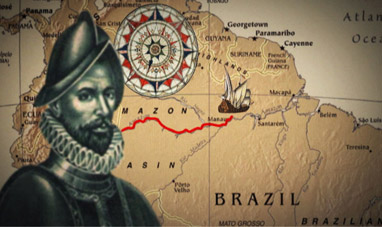

FRANCISCO DE ORELLANA
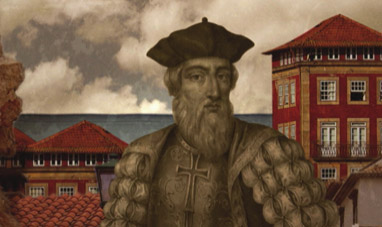

VASCO DA GAMA
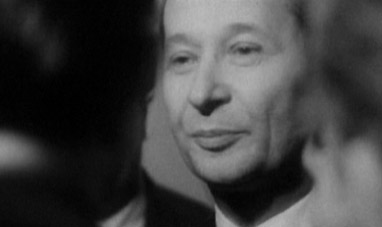

ALEXANDER DUBCEK
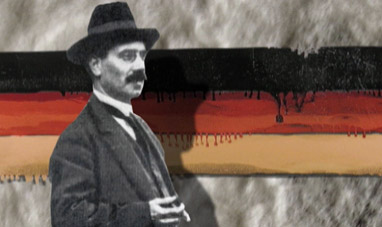

KARL LIEBKNECHT
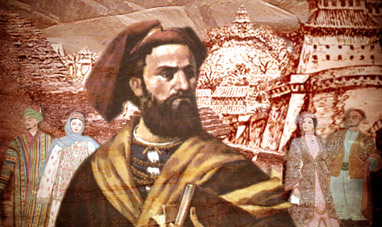

MARCO POLO
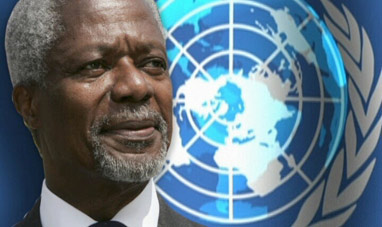

KOFI ANNAN
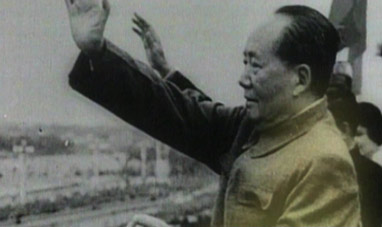

FOUNDING THE PEOPLE'S REPUBLIC OF CHINA
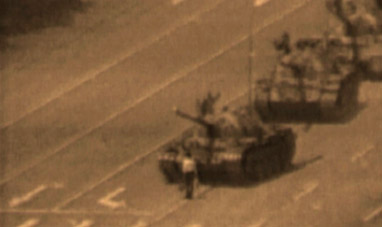

THE MARCH ON TIANANMEN
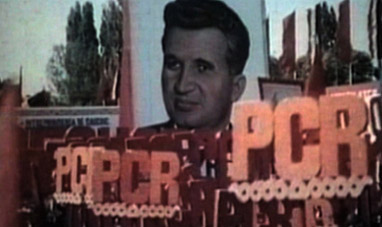

NICOLAE CEAUSESCU
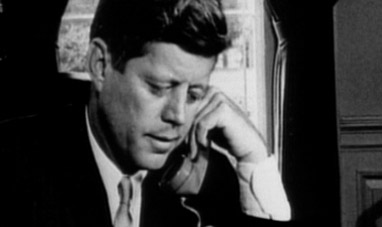

JOHN FITZGERALD KENNEDY
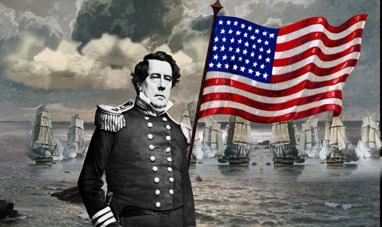

MATTHEW C. PERRY
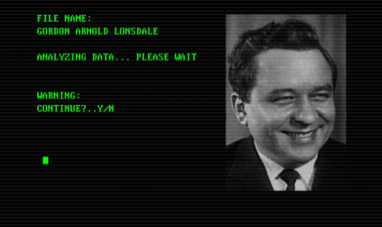

GORDON ARNOLD LONSDALE
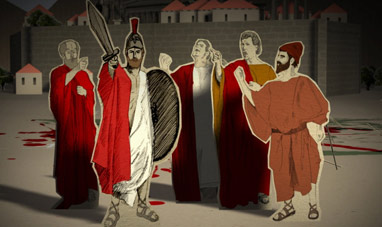

PERICLES
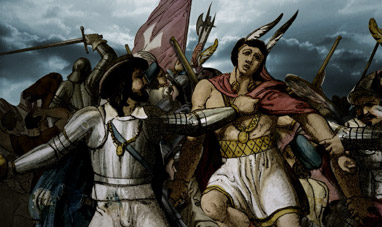

FRANCISCO PIZARRO
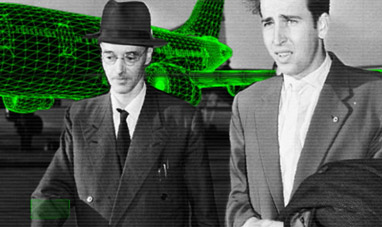

KLAUS EMIL FUCHS
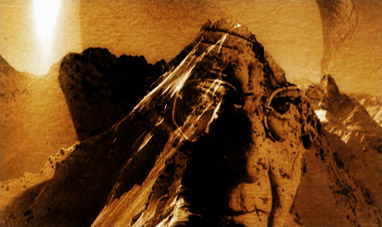

ERICH FROMM
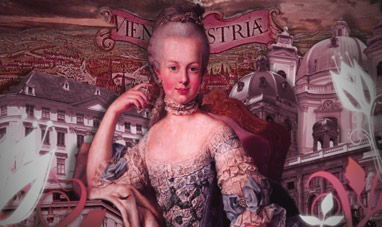

MARIE ANTOINETTE
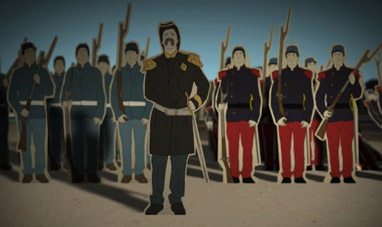

PATRICE DE MAC-MAHON
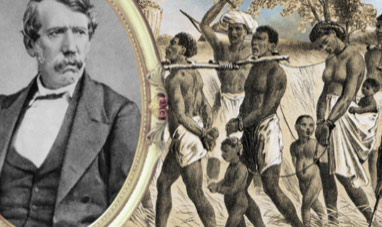

LIVINGSTONE, DAVID
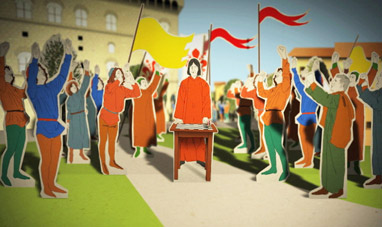

LORENZO DE' MEDICI
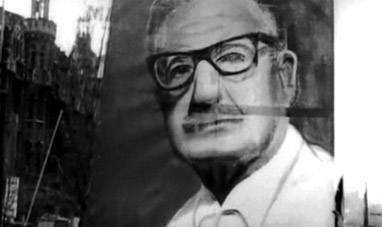

SALVADOR ALLENDE
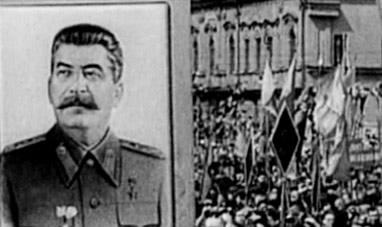

STALIN
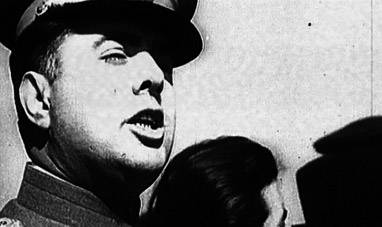

ENVER HOXHA
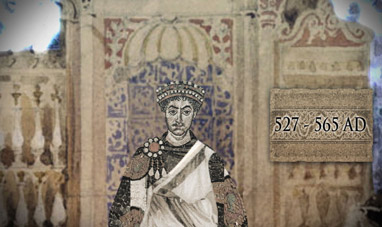

JUSTINIAN I
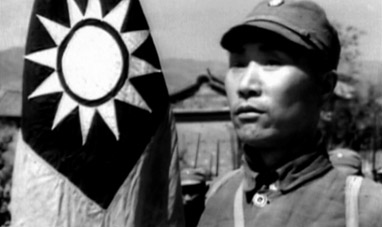

THE TAIWAN ISSUE
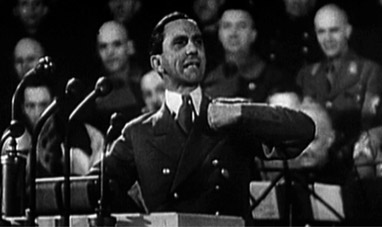

JOSEPH GOEBBELS
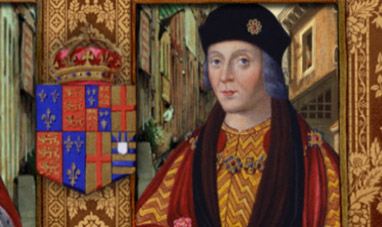

HENRY VII
